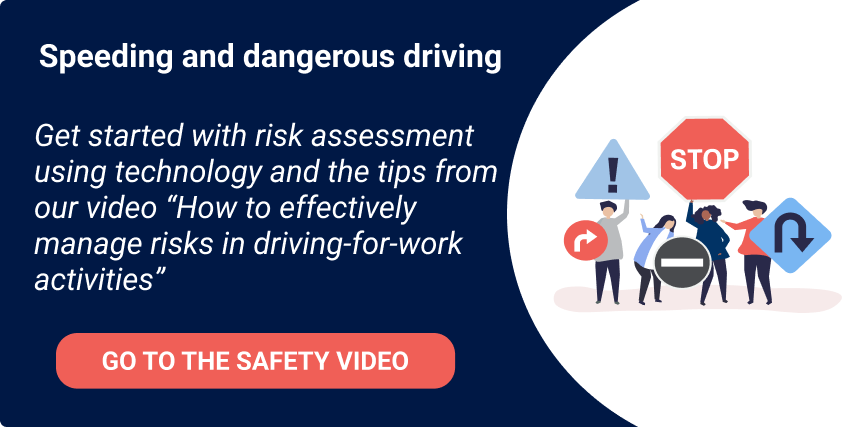An IAM RoadSmart survey of more than 2,000 drivers suggests that one in 10 motorists have driven in the 24 hours after taking illegal drugs.
The research also found that one-in-seven respondents (14%) would not stop a friend or family member who was planning to drive after taking illegal drugs.
Cannabis was the most widely used substance of those who confessed to driving while under the influence of drugs, with one-in-20 (5%) admitting to consuming the drug before driving a vehicle.
The next most popular substance was cocaine, followed by ecstasy (MDMA) and speed (amphetamine), according to the survey.
The road safety charity’s findings come as the number of drug-driving incidents has reached record highs in the UK, with the Department for Transport (DfT) reporting that drug-related collisions and casualties have surged by over 260% in the past decade, with 44% of these offences being committed by previous offenders.
Neil Greig, director of policy and research at IAM RoadSmart, said: “Our research offers a sobering insight into how Britain’s drug epidemic is rearing its ugly head on our roads.
“Illicit drugs can profoundly impair a motorist’s judgement, reaction times and alertness while driving, and some of the effects can last for days after a drug has been taken. As can be seen in the DfT statistics, this is causing havoc on the nation’s roads.”
The number of drug-driving incidents has reached record highs in the UK, with the Department for Transport (DfT) reporting that drug-related collisions and casualties have surged by over 260% in the past decade, with 44% of these offences being committed by previous offenders.
IAM RoadSmart has recently called on the government to reform its approach to tackling Britain’s drug driving problem by proposing changes to the prescription process, developing a dedicated rehabilitation course and finally seeing an outcome to its own drug-drive consultation.




